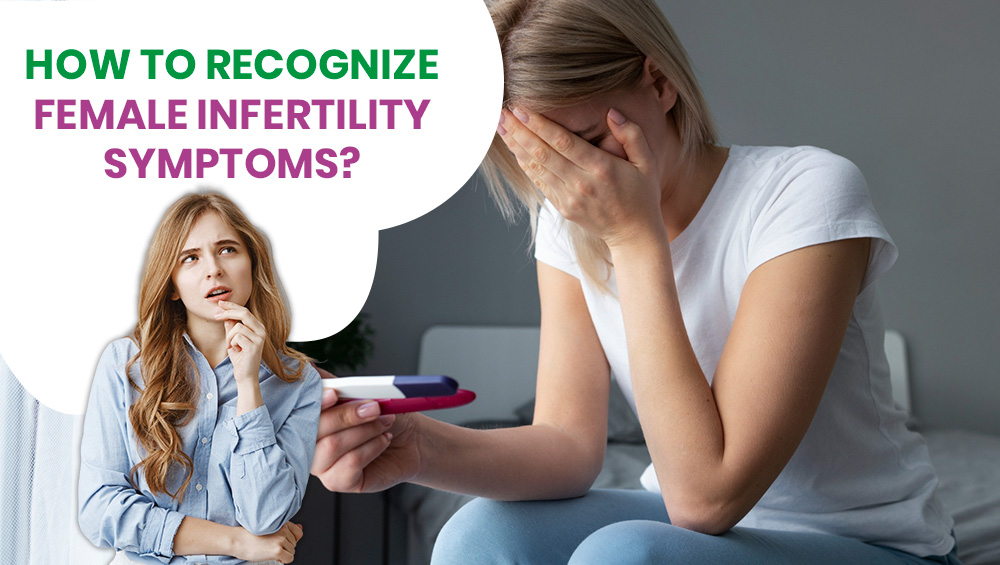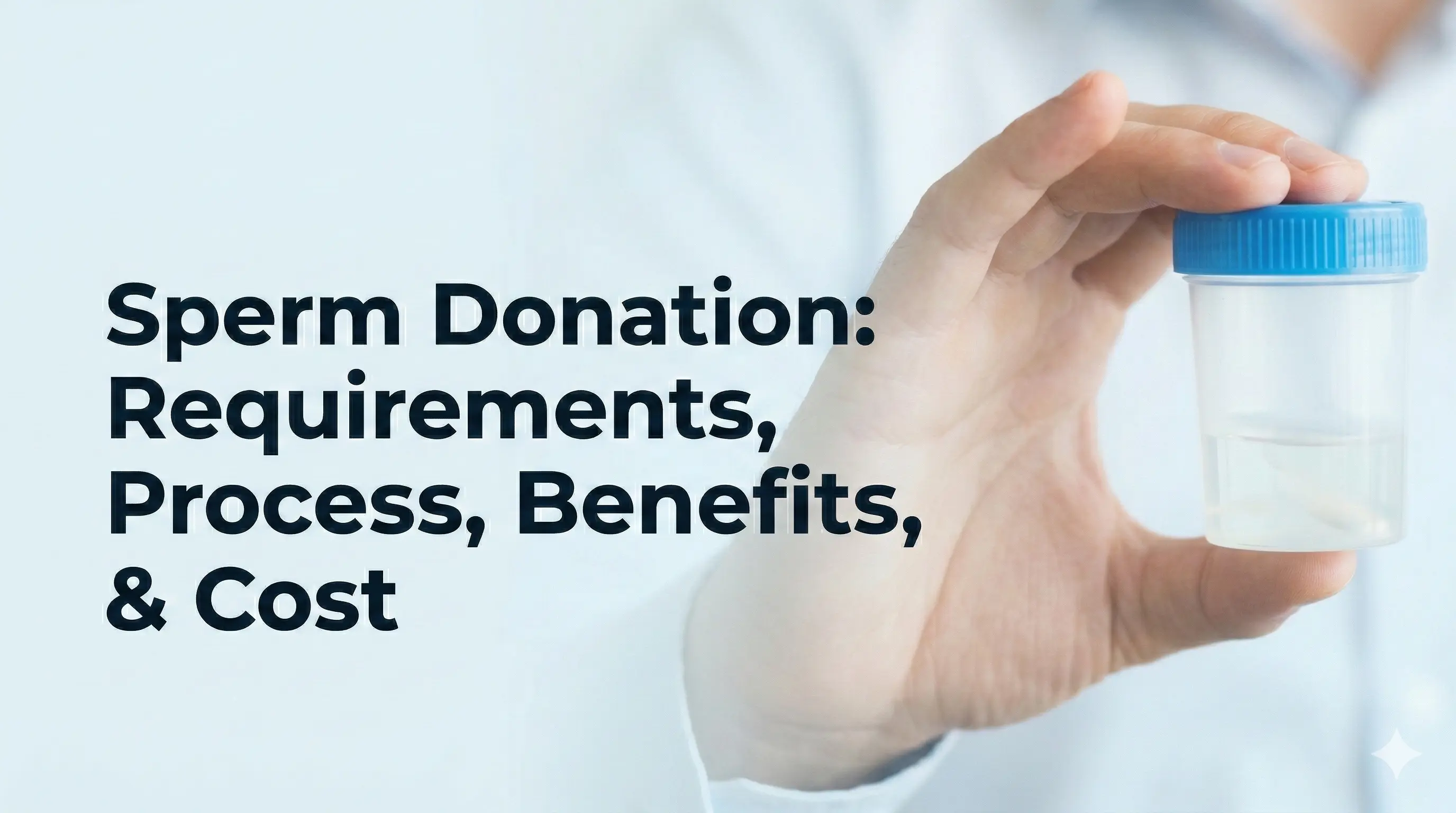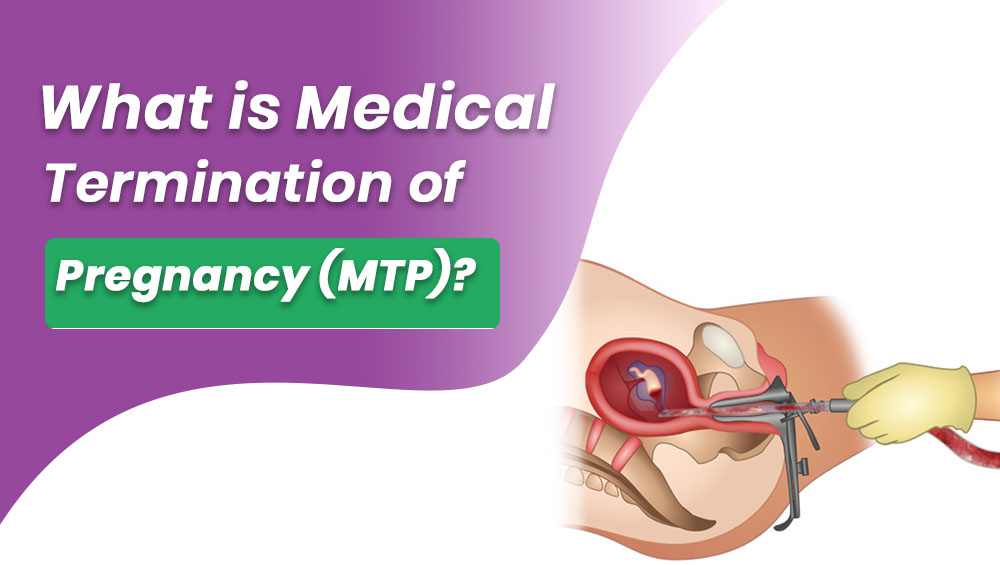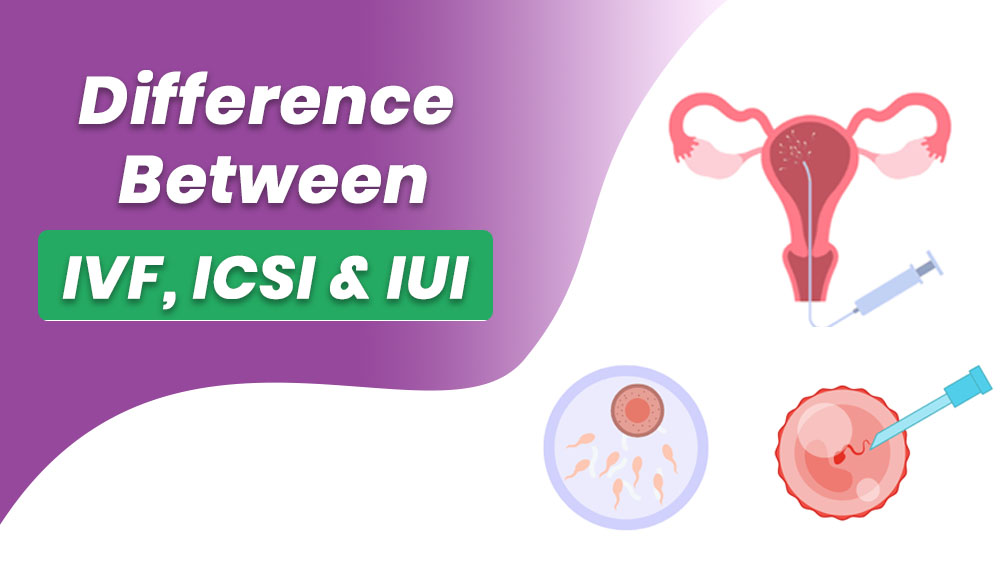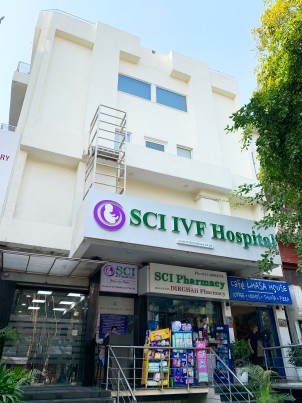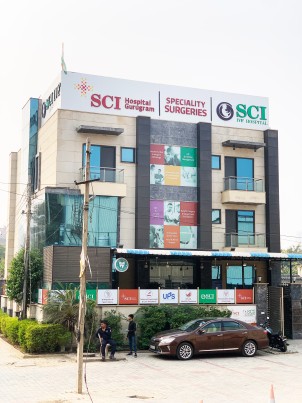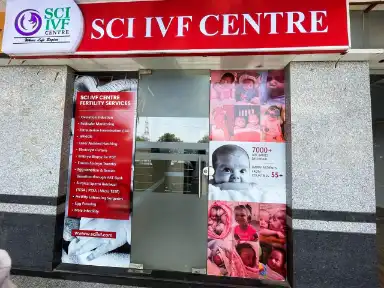How to Recognize Female Infertility Symptoms?
The struggle to get pregnant is one of the most emotional situations for couples since one in six couples around the world experience infertility.
Understanding the early signs of infertility could make a huge difference in obtaining timely treatment for women and enhancing chances of an ensuing pregnancy from irregular menstrual cycles to unanswered pelvic discomfort.
This guide will assist you in identifying the most common signs of female infertility, the reasons they're important and how taking intervention can alter your fertility journey. This information can be your first move towards receiving the expert treatment you require if you're searching for the top infertility center in Delhi.
Understanding Female Infertility
Female infertility is the inability to conceive in the following 12 months of regular, unprotected sex or six months for women who are over 35. It could be caused by hormonal imbalances, structural problems within the reproductive organs, life issues or the combination of these. Early detection increases the chance of success in treatments and conception.
Causes of Female Infertility
Before recognising symptoms, it’s important to understand the common causes:
- Ovulation disorders: Conditions such as PCOS, polycystic Ovarian Syndrome (PCOS) and hypothalamic dysfunction may disrupt the cycle of ovulation.
- Tubal causes: A damage or blocked fallopian tubes due to pelvic inflammation infection, surgery or infections may prevent conception.
- Uterine problems: Fibroids, Polyps, congenital anomalies and scarring may interfere with the implant.
- Endometriosis: The growth of uterine tissue that is not inside the uterus could influence the function of the ovaries along with the fallopian tubes.
- Natural decline due to age: Fertility naturally declines at the age of 35 due to a decrease in egg count and quality.
- Unfortunate infertility: In a few instances, there is no reason for the problem that is found despite extensive testing.
Key Symptoms of Female Infertility
1. Absence of ovulatory cycles
A cycle often ranges from six to eight cycles a year and is seen to be absent if a woman has not had her period for a duration of three months. The absence of cycles is often seen to be associated with hormonal imbalances, hormonal control disorders or obesity.
2. period pains or period with a heavy flow
Violent pains associated with a woman’s period, pain in the pelvis, as well as overlaps in bleeding cycles, tend to be a sign of the existence of a disease. The disease in question is endometriosis or uterine fibroids. The disease is also aimed at sick women.
3. Pain during Intercourse
Persistent pain during or after sexual activity which is also called Dyspareunia can be a sign of reproductive problems like endometriosis or pelvic inflammatory diseases as well as scarring caused by previous infections or surgery.
4. Hormonal Imbalance Signs
Unexpected weight changes, acne or excessive body or facial hair and fatigue or a low libido can indicate hormonal imbalances that affect fertility as these symptoms can be linked to thyroid disorders or PCOS.
5. Recurrent Miscarriages
The loss of more than one early pregnancy can suggest a problem with the hormones that control the pregnancy or a problem with the pregnancy structure. These matters need to be settled as early as possible.
6. Unexplained Weight Changes
Weight gain or loss may occur as a result of the imbalance of certain hormones which has an impact on the ability to ovulate and menstrual cycles. It is important to maintain the BMI within the fertile range.
7. Chronic Pelvic Pain
A persistent pelvic or abdominal ache especially around the menstrual cycle can be an indication of conditions like endometriosis and these conditions can negatively affect fertility if untreated.
8. Age-related fertility decline
Fertility naturally decreases with age, and particularly after 35. Women who are over 35 years old should consult a specialist if they have difficulty conceiving.
Conclusion
Understanding the signs of female infertility is the first step toward taking control of your reproductive health as from irregular periods to hormonal changes or recurring pain your body often gives early signals that shouldn’t be ignored. Paying attention to these changes and acting on time can make a big difference in your journey to parenthood.
At SCI IVF, We are here to help you through experts, expert advice, modern fertility treatments, and a warm, caring approach. If you've noticed any of these symptoms or struggled to conceive do not wait too long to reach to our experts will offer you guidance, clarity and a way for moving forward. Don't forget that you don't have to face this challenge on your own With the right support you can realize your dream of starting an entire family is in your grasp.
